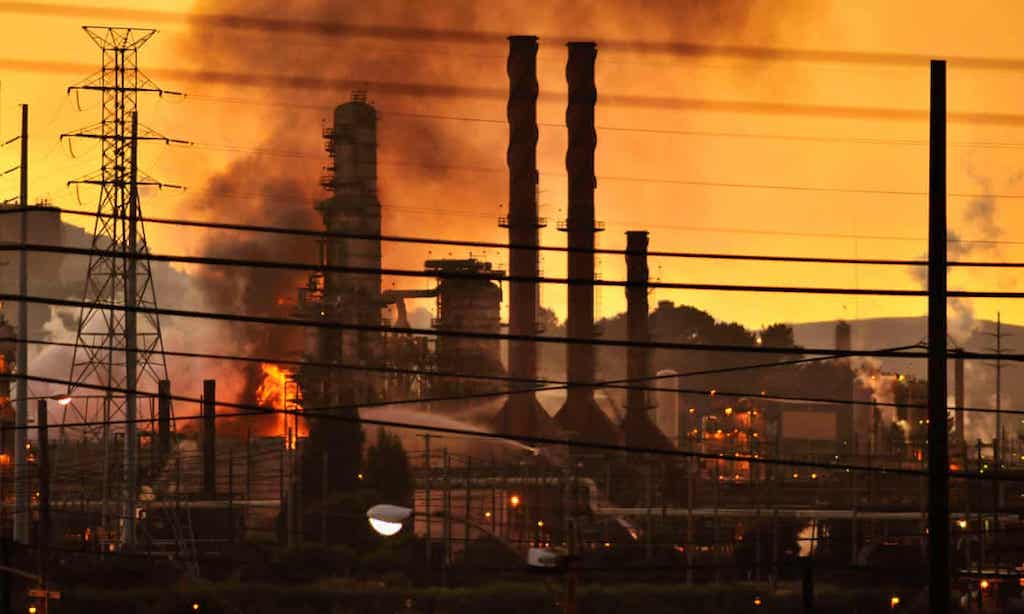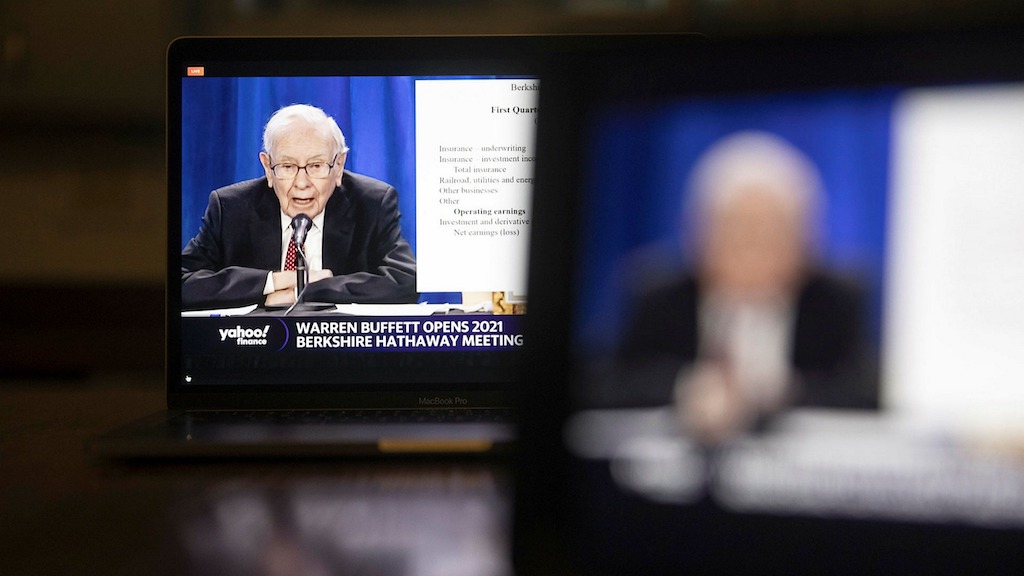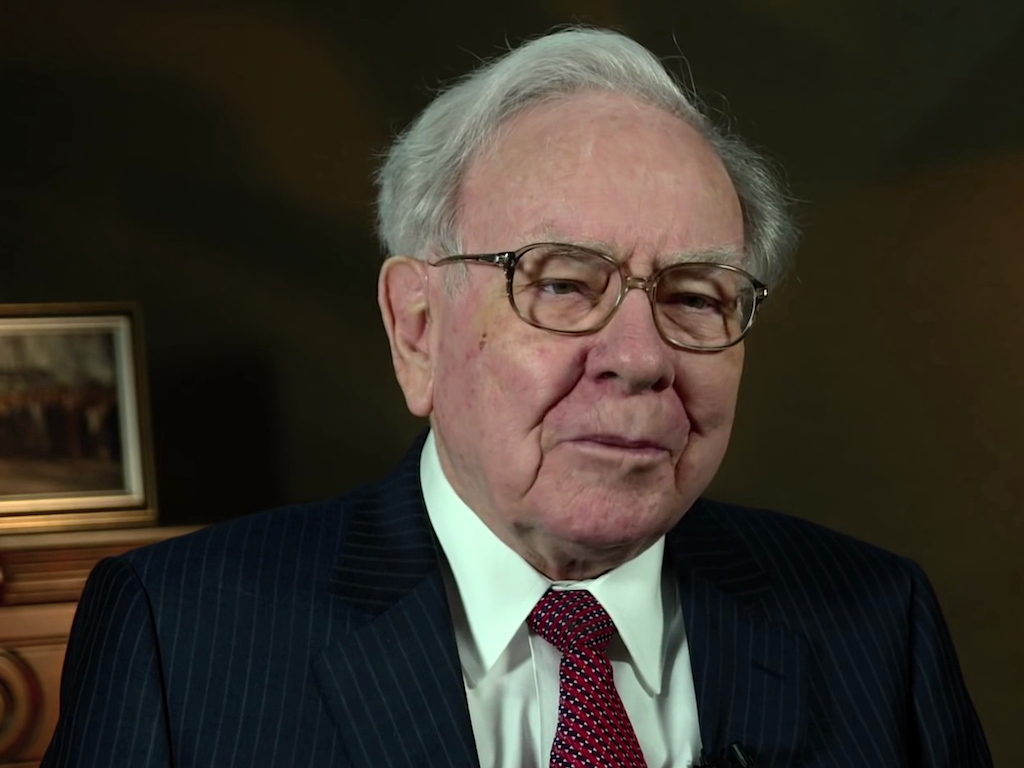‘Chevron Is Not An Evil Company’: Warren Buffett Rejects Climate & Diversity Shareholder Resolution At Berkshire Annual Meeting
4 Mins Read
Warren Buffett helped to reject a shareholder resolution that would push his multinational conglomerate Berkshire Hathaway to inform investors about climate risks. In addition to defending the dirty oil and gas industry, the billionaire CEO also tore down a resolution that called for greater diversity and inclusion efforts, putting the old-fashioned firm out of step with increasingly ESG-forward investors.
Berkshire Hathaway shareholders along with CEO Warren Buffett threw out proposals that would require the company to ramp up climate disclosures and promote diversity in its workforce, in its annual meeting this past Saturday (May 1).
While the climate risk resolution ultimately failed, it gained support of over 25% of its shareholders – more than double the threshold necessary for an environmental proposal to be made at Berkshire and isn’t insignificant given Buffett alone controls over a third of the voting shares. Meanwhile, the diversity resolution garnered 24% of votes.
Before the vote took place, top executives at Berkshire answered questions during the freewheeling forum, an hours-long affair which was live-streamed on Yahoo Finance this year, keeping the in-person audience to a small exclusive cohort. During the session, Buffet staunchly defended its investments in oil majors like Chevron, and consistently ignored investors’ concerns about the climate crisis.
“I think Chevron’s benefited society in all kinds of ways, and I think it continues to do so,” said Buffett, in answer to a question about whether the oil and gas industry could be compared to big tobacco, which Berkshire turned away from in the 1990s due to its social baggage.

Currently, Berkshire owns 2.5% of Chevron, and despite the pandemic-induced wake-up call about the volatility of fossil fuels, the firm spent an astonishing US$9.7 billion to acquire Dominion Energy’s natural gas transmission and storage business in July last year.
“We’re going to need a lot of hydrocarbons for a long time, and we’ll be very glad we’ve got them,” Buffett continued, despite unequivocal scientific evidence of the enormous economic, environmental, social and health costs associated with fossil fuels.
The latest body of evidence estimates that burning fossil fuels directly contributes 4.5 million deaths and economic losses of US$2.9 trillion annually. Amid the pandemic, Harvard University scientists have even established a link between fossil fuel and industrial-related air pollution and a higher risk of fatalities from Covid-19.
“Believe me, Chevron is not an evil company,” the billionaire insisted in his full-throated defense. “I have no compunction — in the least — about owning Chevron. And if we owned the entire business, I would not feel uncomfortable about being in that [industry].”
When asked about the catastrophic impacts that climate change will have on the world, as well as the business’ profit margins, Buffett brushed concerns off, saying: “What’s happening will be adapted to over time, just as we’ve adapted to all kinds of things.”
Vice-chairman Charlie Munger went even further, fuelling climate skepticism and misinformation. “I don’t think we think we know the answer to all these questions about global warming and so forth.”

“The people that ask the questions think they know the answers. We’re just more modest,” added the 97-year-old.
For some of Berkshire’s most prominent investors, the rejection of climate and diversity proposals is a sure sign that the firm’s leadership is failing to keep up with the times.
“The company is not adapting to a world where ESG considerations are becoming much more material to performance,” said BlackRock, the world’s largest asset manager who owns over 8% of Berkshire’s common stock. Under public pressure last year, BlackRock joined the Climate Action 100+ pact and has made bold statements to “punish” high-emissions companies in its portfolio.
BlackRock voted for the climate disclosure resolution because Berkshire has shown a “lack of progress” when it comes to “the management and disclosure of climate-related risks and opportunities.”
The asset manager was flanked by other key shareholders, including the California Public Employees’ Retirement System (CALPERS) fund and investment management firm Neuberger Berman, who have both pressured the conglomerate to take into consideration ESG.
The sustainable investing approach has been steadily gaining momentum globally, thanks rising public awareness over climate change and recent promising data of ESG’s outperformance over traditional funds in 2020. It’s even pushed Goldman Sachs to promise net-zero by 2030 in response to what CEO David Solomon said was “no slowdown” in sustainable finance demand from its clients.
While some believe that greater shareholder scrutiny over firms like Berkshire will have a ripple effect, others – including BlackRock’s former CIO for sustainable investing Tariq Fancy – argue that change simply won’t happen without an overhaul.
In an op-ed published in March, Fancy said: “We’re running out of time and need to accept the truth: To fix our system and curb a growing disaster, we need government to fix the rules.”
Lead image courtesy of USA International Trade Administration via Wikimedia Commons.




